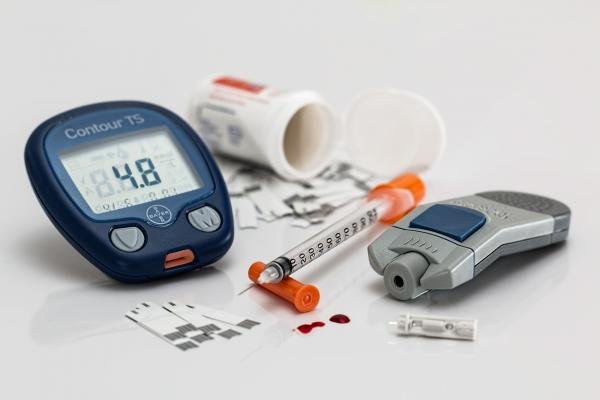
What You Should Know:
– DreaMed Diabetes, the developer of personalized, AI-based diabetes management solutions, will participate in a clinical study, led by Jaeb Center for Health Research Foundation, to evaluate the efficacy of virtual treatment for diabetes patients. The research is funded by a grant from The Leona M. and Harry B. Helmsley Charitable Trust.
– DreaMed uses AI-powered technology to seamlessly treat patients remotely with its virtual diabetes management service by providing personalized recommendations on insulin dosage for people with type 1 diabetes.
– As part of Helmsley’s research, the study will determine if the virtual clinic model improves clinical and psychological outcomes for people with diabetes. DreaMed, with Cecilia Health, will provide a multi-faceted platform to fully evaluate the effectiveness of virtual clinics using DreaMed’s technology.
DreaMed Diabetes Ltd., the developer of personalized, AI-based diabetes management solutions, announces it will be serving as a subcontractor on a $5,025,099 grant from The Leona M. and Harry B. Helmsley Charitable Trust to the Jaeb Center for Health Research Foundation. DreaMed’s technology will include a comprehensive data system that can pull information from CGM, SMBG, insulin pumps, and connected insulin pens. It will visualize this information for the healthcare provider and for the participants through web and mobile applications as well as operate decision support algorithms to optimize insulin treatment plans for people with type 1/type 2 on insulin pumps or multiple daily injections therapy.
Growing Need for Virtual Diabetes Care
Due to the sheer size of the United States, many people with diabetes lack the necessary medical support required, particularly access to endocrinologists who provide them with critical guidance and information. This includes the overseeing of continuous glucose monitoring (CGM), insulin-dosing support, and pertinent mental health support. The lack of support alongside today’s social distancing guidelines has encouraged a host of remote medical initiatives, many of which aim to provide people with diabetes a comprehensive virtual solution. While virtual solutions have proved exciting, questions remain as to whether virtual care, including CGM, provides better outcomes than traditional methods.
Jaeb Center’s Pilot Study
In January 2019, the Jaeb Center’s pilot study assessed whether CGM could be successfully introduced outside of a clinic over a three-month period. The results found participants using CGM received personalized support, enabling them to improve their glycemic outcomes and quality of life. While the study proved invaluable, there was a need for a larger study that truly evaluates the efficacy of remote diabetes care, which will be accomplished within the scope of this new grant from the Helmsley Charitable Trust to the Jaeb Center.
New Study Explores the Efficacy of Virtual Diabetes Care
The new study represents a more rigorous model for analyzing virtual diabetes management, because it will evaluate CGM use over time, glycemic- and participant-reported outcomes, healthcare utilization and cost, the use of decision support tools, and the impact of mental health support.
Jaeb will evaluate the efficacy of a virtual specialty clinic model for improving clinical and psycho-social outcomes for people with diabetes. This evaluation will include 300 patients who don’t currently utilize CGM, with type 1 and type 2 diabetes nationwide over the course of a six-month period. To integrate the virtual management of insulin dosage, the initiative will utilize the DreaMed Advisor Platform, which gives providers a way to view and manage recommendations.
For the first time, DreaMed Advisor’s state-of-the-art cloud-based technology will provide, in this study, personalized recommendations on insulin dosage for people with type 1 or type 2 diabetes treated with insulin pumps or multiple daily injections. The investigational version of DreaMed Advisor will also manage the virtual presentation of data derived from CGM, glucometers, insulin pumps, and connected insulin pens. Furthermore, the platform supports virtual communications of new treatment plans as well as a virtual clinic team, which provides behavioral health coaching to help participants address certain diabetes-related challenges.
“We are thrilled to be involved in Jaeb’s VDiSC study,” says Eran Agmon, Chief Product Officer of DreaMed Diabetes. “Virtual care is the future of medicine, and the technology is ripe for deployment in diabetes. We are confident in the model and proud that our technology is providing the support necessary to enable its implementation”
